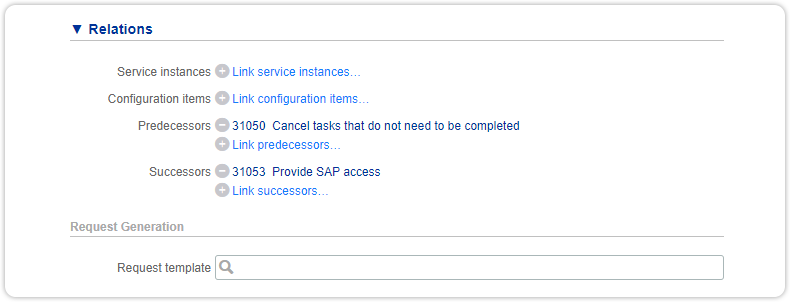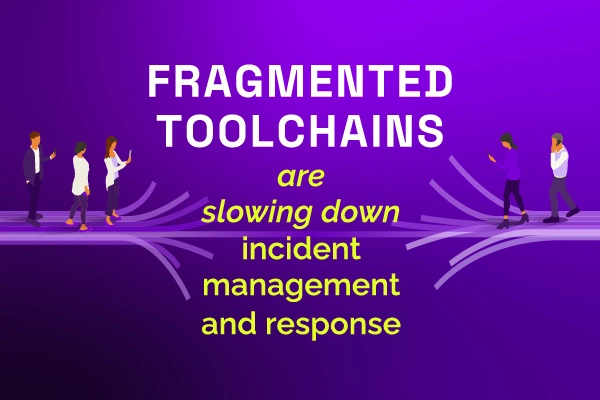
Changes and change-related concepts in Xurrent are now renamed to workflows and workflow-related concepts. This means that the ‘Changes’ section of the Records console is now called ‘Workflows’, and ‘Change templates’ are now ‘Workflow templates’, amongst others.
Although the term ‘change’ is common within IT organizations, it is much less common for support domains such as HR, Finance, Legal, Facilities and Marketing, that typically do not come from an ITIL background. For them, the term ‘workflow’ is much more intuitive. Since the strength of Xurrent lies in seamlessly connecting all these domains, this change should help further improve collaboration between these departments. It was therefore highly prioritized during last year’s Partner CAB and regular CAB (Customer Advisory Board) meetings.
These changes are visible in all sections of the user interfaces, including (but not limited to) record types, roles, references, (email) templates, filters and reports. The Help pages, demo data, Developer Documentation, training pages and translations have been all updated.
Xurrent is still fully aligned with ITIL 4 principles, and not every term that included ‘change’ has been altered to ‘workflow’. We still maintain a Change Calendar and the change manager still exists on the Services form. When a workflow is started from a request template, and when no workflow manager is defined on the request template, the change manager on the service becomes the workflow manager. In automation rules, the expression continues as service.change_manager.
In the Task form, the task’s predecessors and successors and request generation have been moved to the ‘Relations’ section, so the ‘Workflow’ section could be removed, to avoid possible confusion.

Naturally, the APIs have also been updated. To ensure the continuity of our customers’ integrations, backwards compatibility is provided for a full year. This also applies to imports and exports, webhooks and automation rules. This means that up to February 4, 2023 both ‘change’ and ‘workflow’ APIs, columns, parameters, export types and events may be used. Links to change-related records in email notifications are redirected to their workflow-related counterparts. Automation rules that refer to ‘change’, ‘changes’ or ‘change_pending’ will continue to work indefinitely, as long as they are not edited (and saved).
In the Developer Documentation, a dedicated Change to Workflow page is created to provide details on all the updates that were done for this enhancement.

Xurrent named a Market Leader in Research In Action’s Vendor Selection Matrix™ for IT & Enterprise Service Management Solutions
Xurrent earns #1 rankings in customer satisfaction, price vs value, and recommendation index in Research In Action's global ITSM/ESM Vendor Selection Matrix report.


